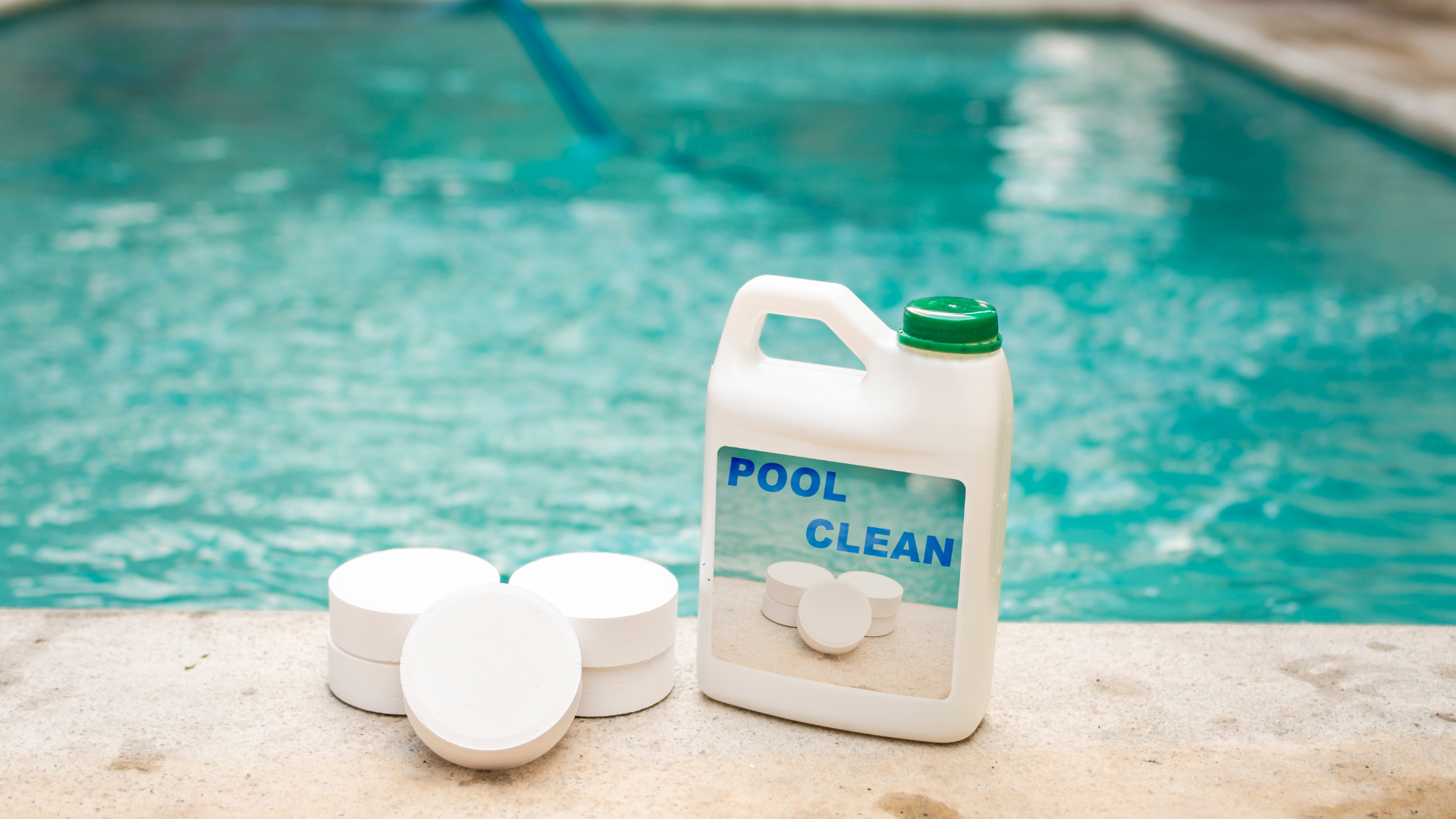Are you tired of hearing about the harmful effects of chlorine on your skin and hair? What if we told you that chlorine has its own set of benefits that can improve our daily lives? From disinfecting water to enhancing our health, the power of this chemical element cannot be underestimated. In this blog post, we will explore the surprising benefits of chlorine and how it plays an essential role in many aspects of our daily routines. Get ready to see chlorine in a whole new light!
What is Chlorine?
The chemical element chlorine has the atomic number 17 and the symbol Cl. It belongs to the halogen family of elements and is a yellow-green gas with a strong, pungent smell. Because of its extreme reactivity, chlorine is never found in nature in its pure state. It is widely utilized in industry, medicine, and as a disinfectant. It is frequently found in substances like sodium chloride (table salt).
Chlorine also has some negative consequences, including making water harder to drink and damaging the hair and tooth enamel. It is important to use caution when using chlorine, as too much can be harmful.
Uses of Chlorine in Our Daily Lives
Chlorine is an essential element in our daily lives and can be found in many products we use. Here are some surprising benefits of chlorine:
- It kills germs. Chlorine gas is a strong oxidizer that destroys bacteria, viruses, and other microorganisms. This makes it a great disinfectant and germ killer.
- It’s a bleaching agent. Chlorine can break down colors in fabrics, which makes them whiter and brighter. It’s also used to bleach paper and other materials.
- It helps treat water contamination. Chlorine can help remove pollutants from water, making it safe to drink or use for bathing or cooking.
- It helps preserve food. Chlorine also has a role in food production. Chlorine helps to control bacteria growth in food, which makes it safe to eat. By reducing the number of bacteria present, we are preventing food poisoning and other harmful illnesses.
- It’s used in manufacturing. Chlorine is used to produce many common products, including paper, textiles, plastics, and pesticides.
- It’s used in cleaning swimming pools. Cleaning swimming pools often involves the use of chlorinated water to eliminate bacteria and other impurities. Professionals, such as these Fort Worth pool service and cleaning experts tend to skillfully clean pools and ensure that the chlorine levels are appropriately managed. This approach can guarantee that the water is not only crystal clear but also free from any contaminants, providing a safe and enjoyable swimming environment.
- It’s used in agriculture. Chlorine is often used to disinfect fields before planting and to reduce the number of bacteria in crops.
- It’s used in water treatment. Chlorine plays a significant role in water treatment processes. It is a crucial component in various water treatment systems, including municipal water supplies and industrial wastewater treatments. Water safety experts, such as those from legionellaservices.co.uk, often utilize chlorine to eliminate bacteria and ensure the production of clean and safe drinking water.
- Chlorine is also an effective way to get rid of odors. When you spray a room or object with chlorinated water, it breaks down organic material such as sweat, body oil, and paint fumes. This process eliminates unpleasant smells, making your home or office smell fresh and new again!
- Chlorine can help reduce the amount of smog in the air. By using chlorine to clean surfaces and fight pollution, we are helping to protect ourselves and our environment.
The Danger of Excessive Chlorine Exposure
Using too much chlorine can have various negative impacts on both human health and the environment because it is a highly reactive and poisonous chemical.
In a swimming pool or hot tub, too much chlorine can irritate the skin and eyes, lead to respiratory issues, and even result in chemical burns. Coughing, chest tightness, and breathing difficulties can all result from exposure to high chlorine gas concentrations.
In addition, excessive chlorine use in water treatment facilities can result in the production of toxic disinfection byproducts including trihalomethanes (THMs), which are recognized carcinogens.
On top of that, an overabundance of chlorine in water treatment plants can result in an elevated concentration of this element in tap water. Regular consumption of such water can be particularly damaging to teeth.
The mildly acidic nature of chlorine can gradually erode tooth enamel, rendering them more susceptible to cavities. In severe cases of tooth damage, seeking dental implants south gate ca, or your local area may be necessary to replace affected teeth.
Beyond oral concerns, chlorine poisoning or inhalation can give rise to serious health issues, including vomiting, nausea, headaches, dizziness, and in extreme cases, even coma. Prolonged exposure to chlorine can also heighten the risk of developing respiratory conditions such as asthma over time.
As a result, it’s crucial to use chlorine sparingly and adhere to the suggested handling and use procedures. Get emergency medical assistance if you believe that you or someone else may have been exposed to too much chlorine.
Chlorine is a common disinfectant and sanitation agent found in many of our homes and workplaces. However, did you know that chlorine also has some surprising benefits in our daily lives? Now that you know the many uses of chlorine, you must also be cautious in using it. It is because too much use of Chlorine can be dangerous.
